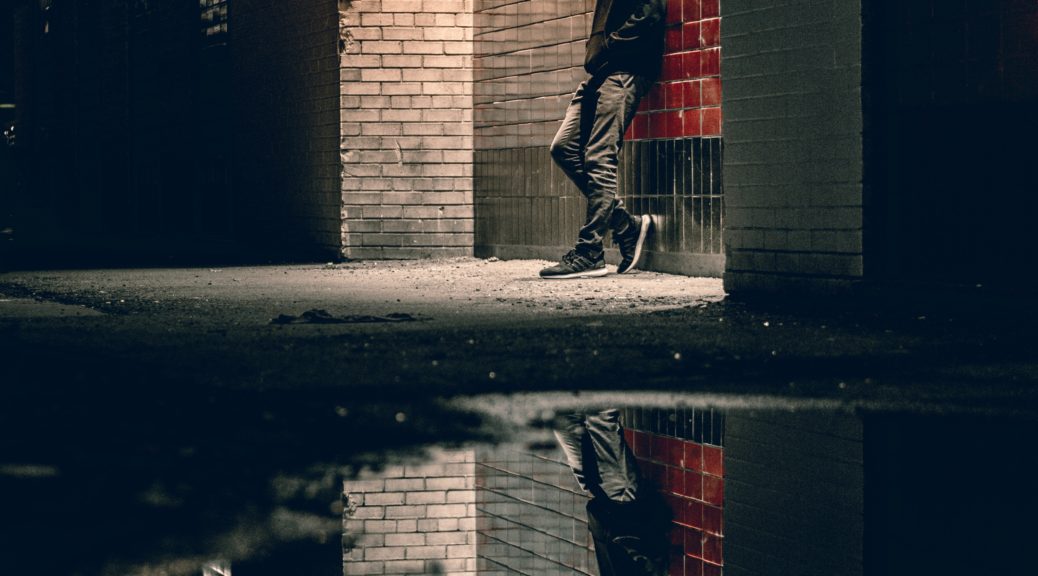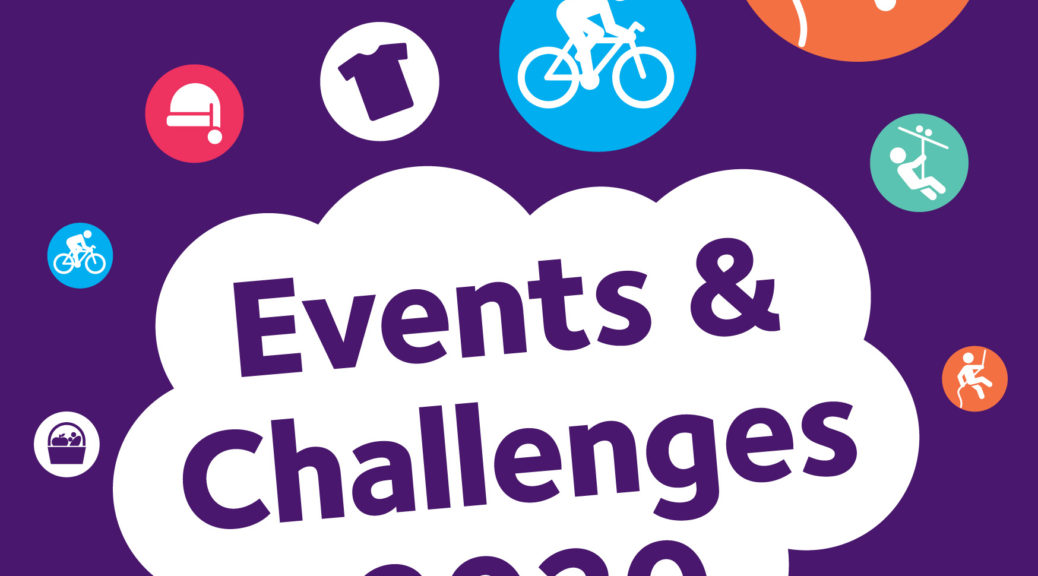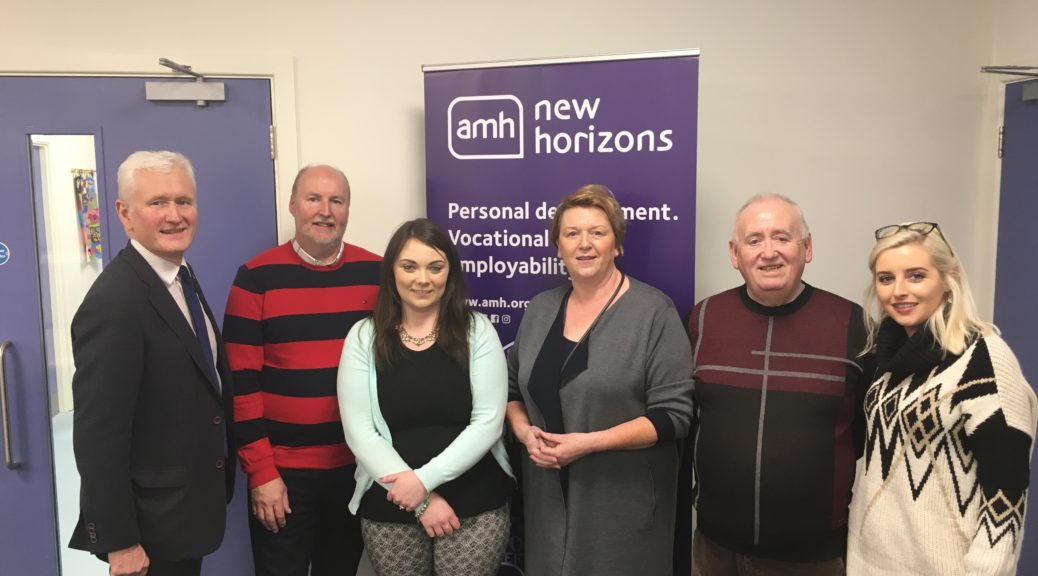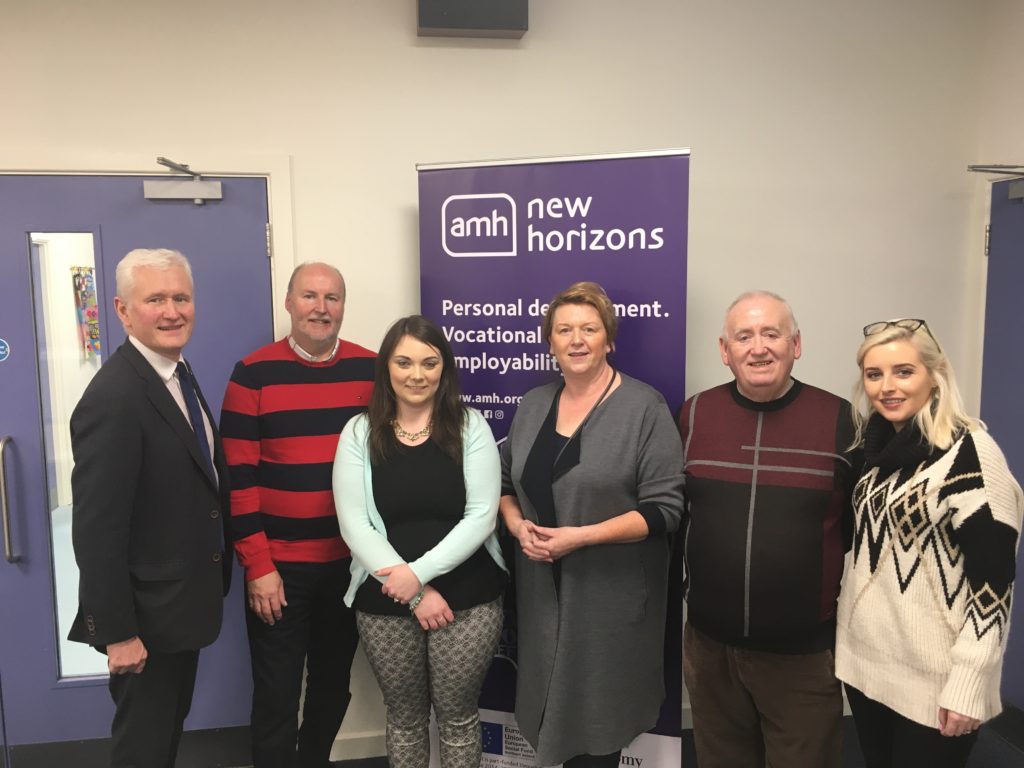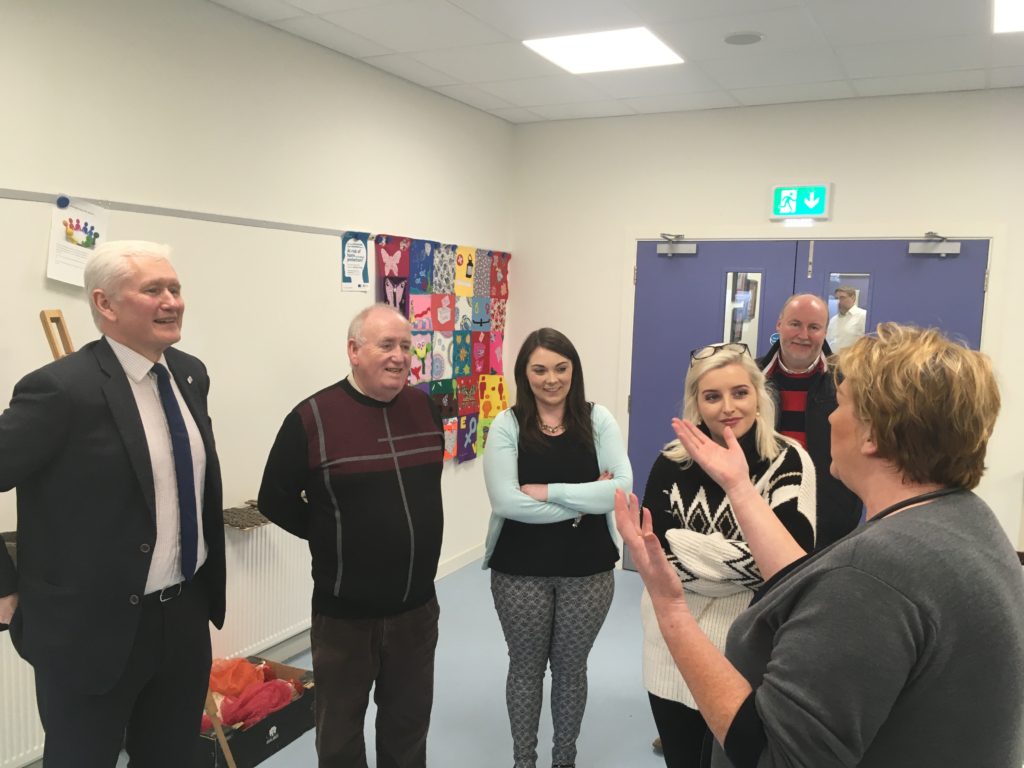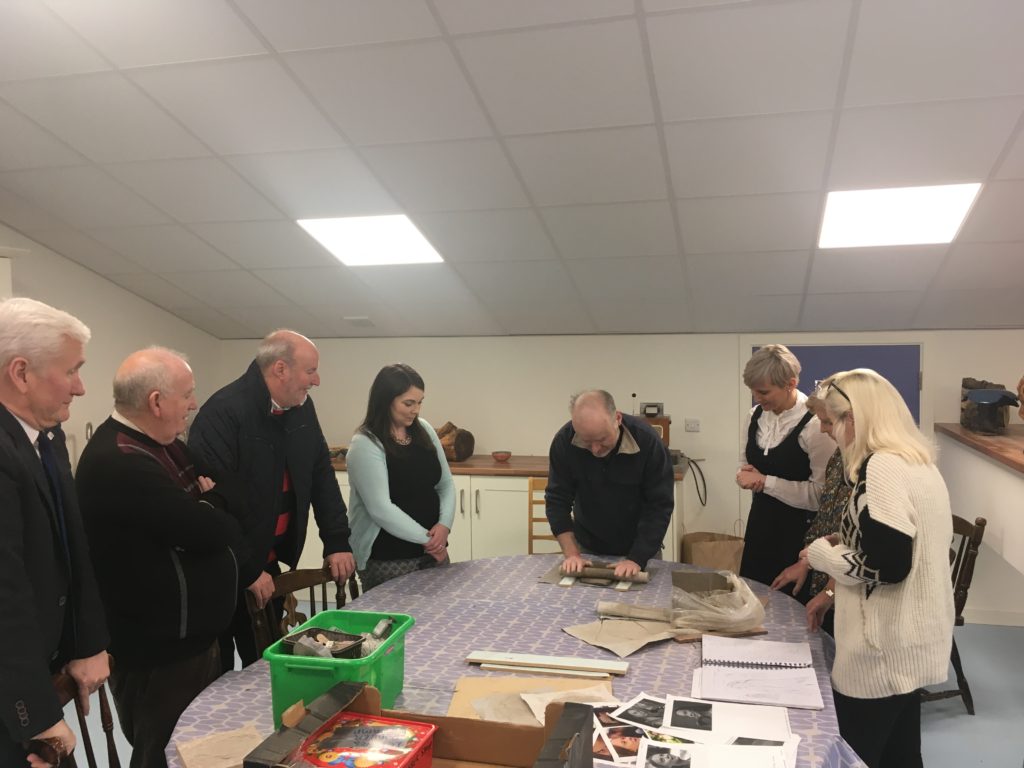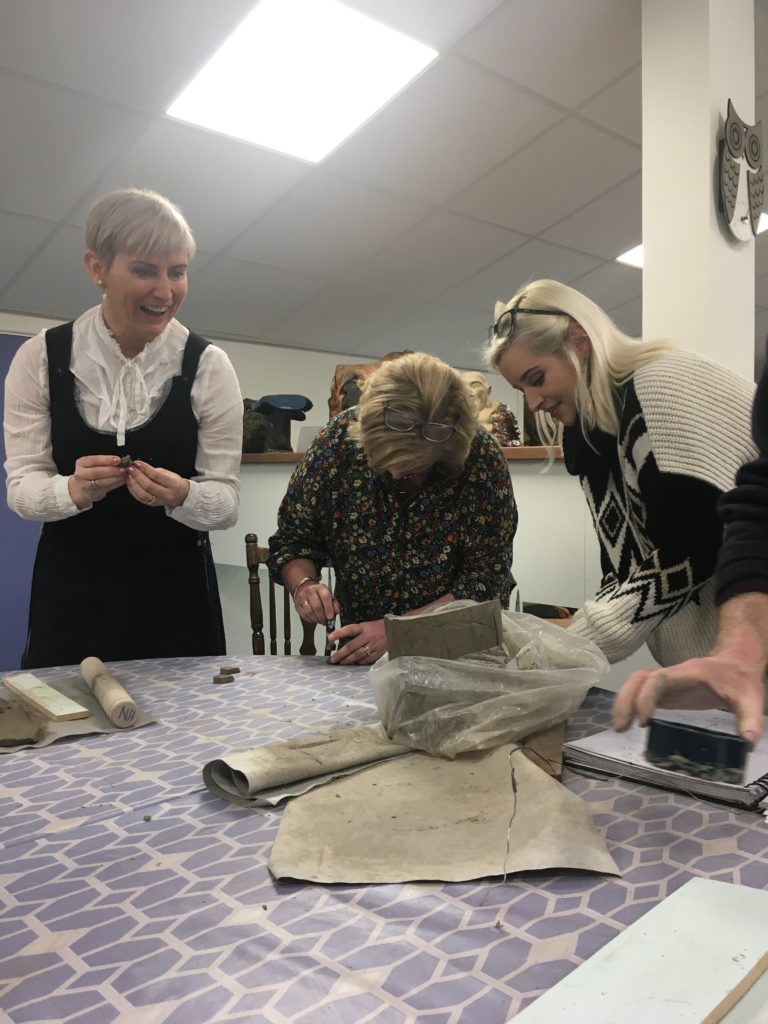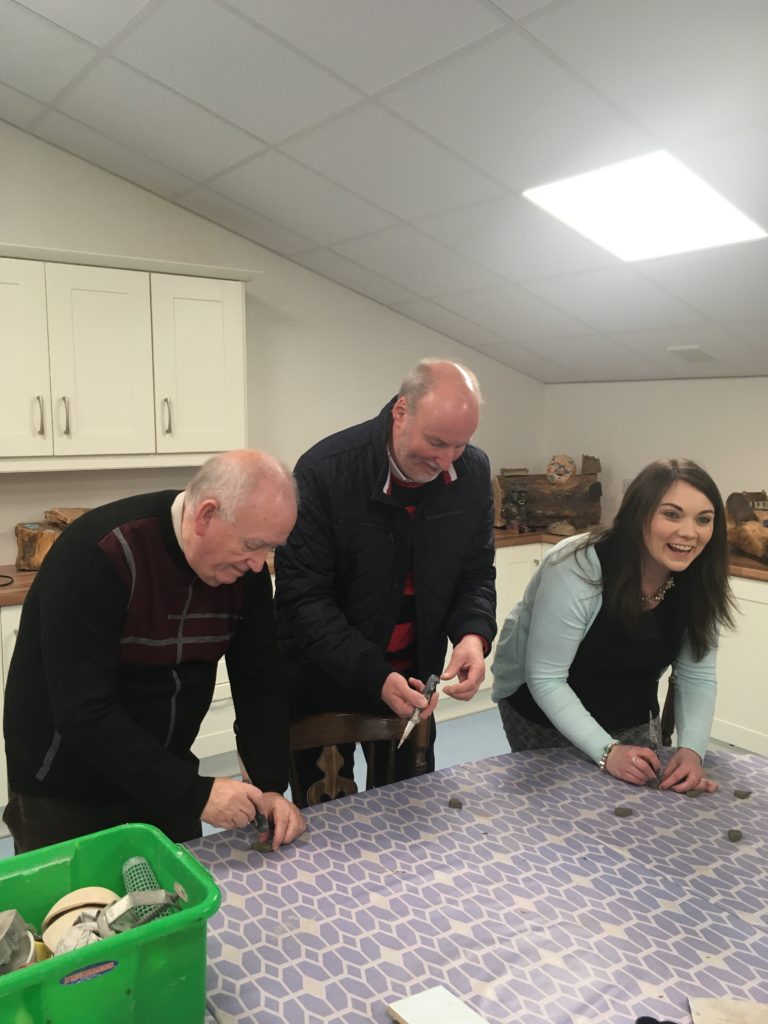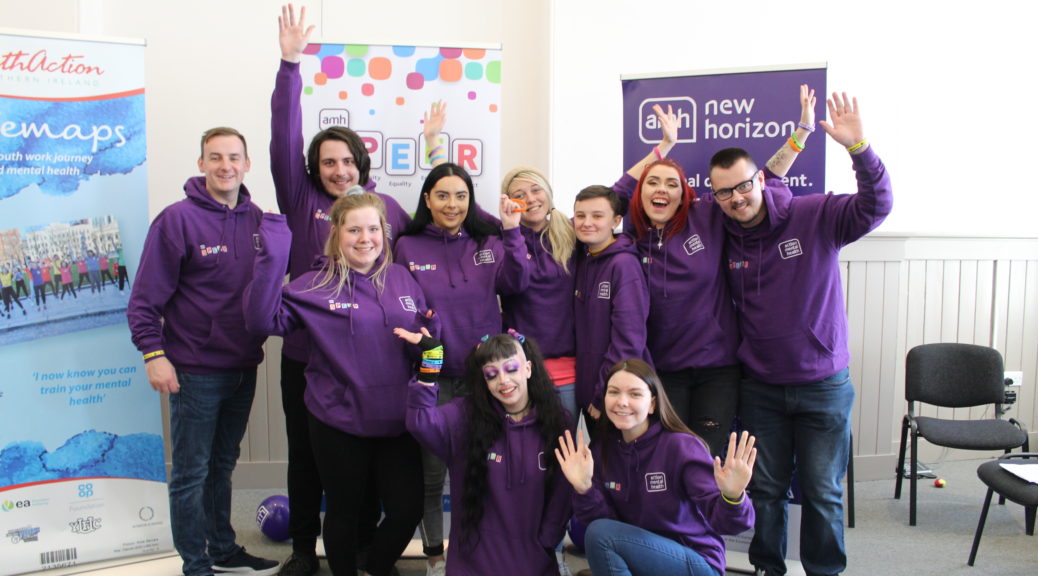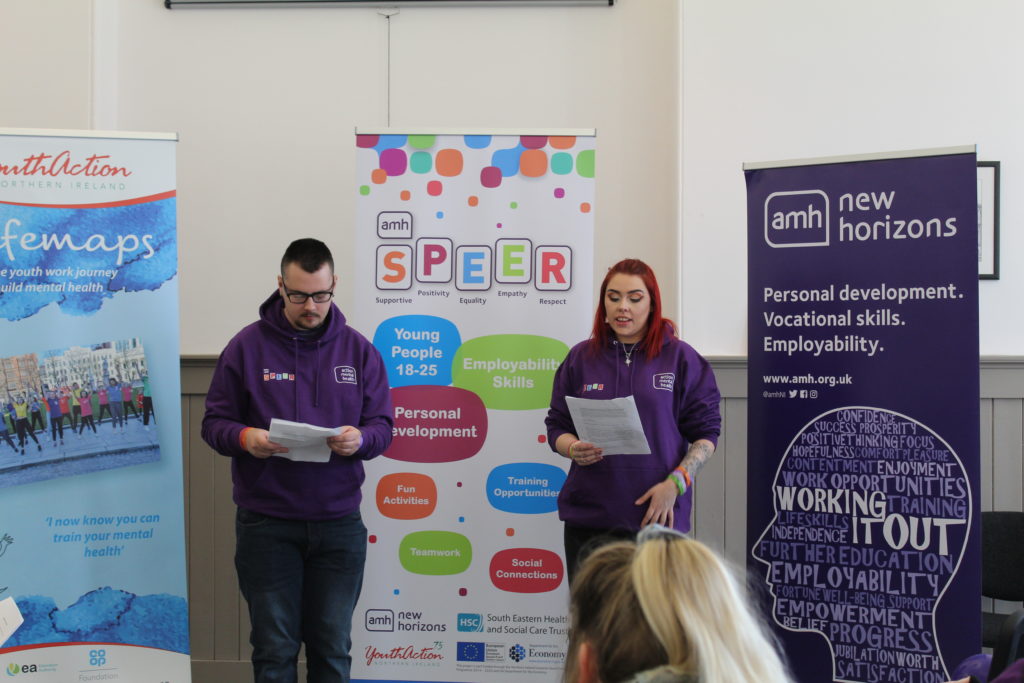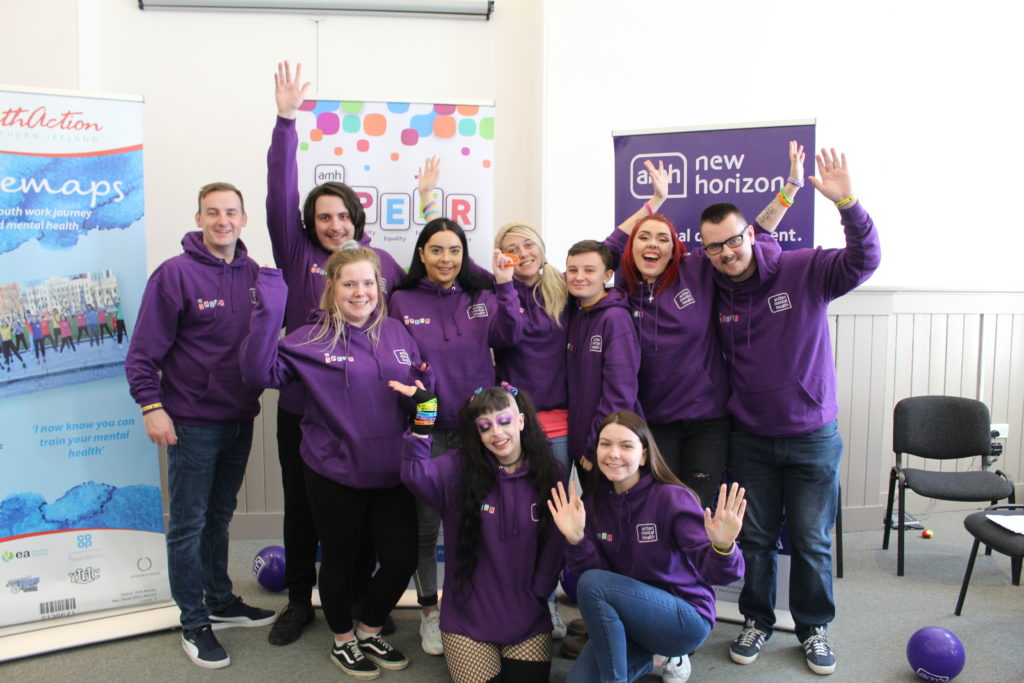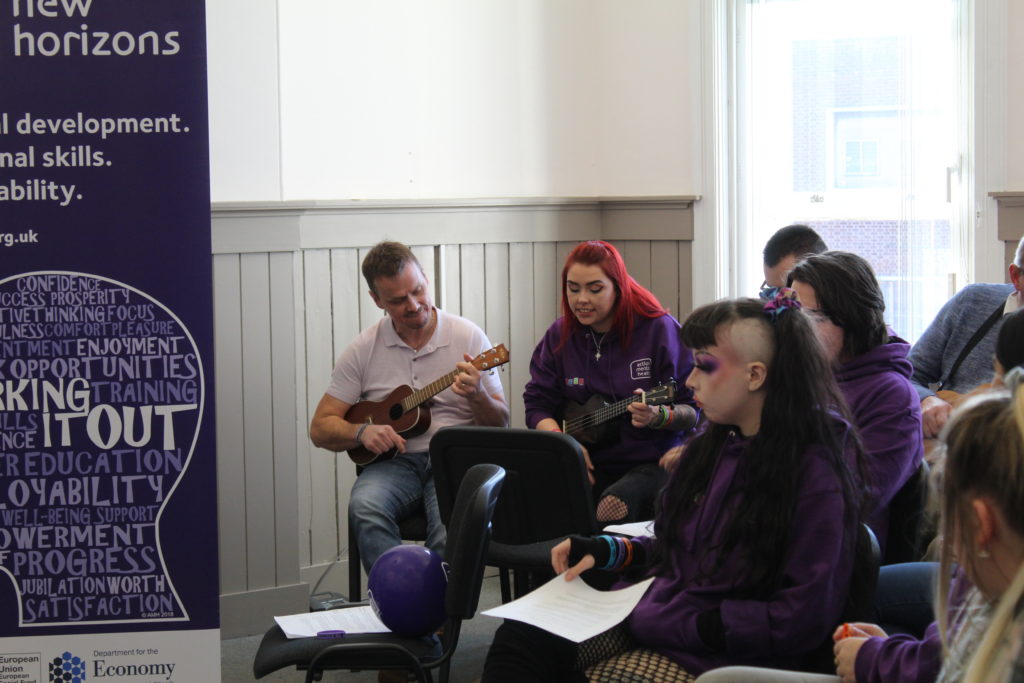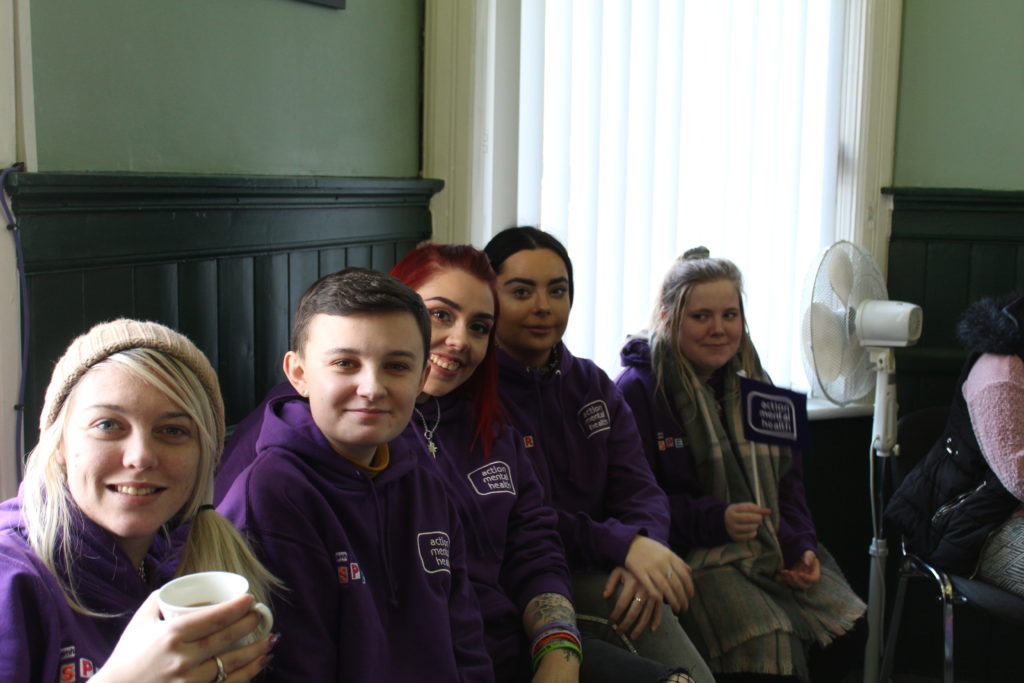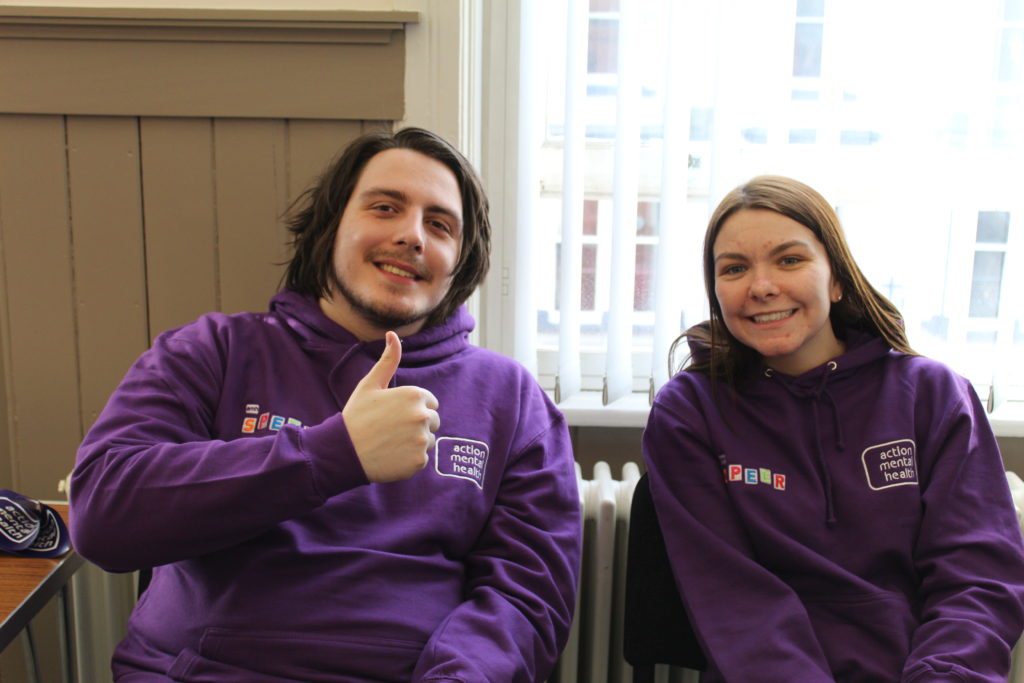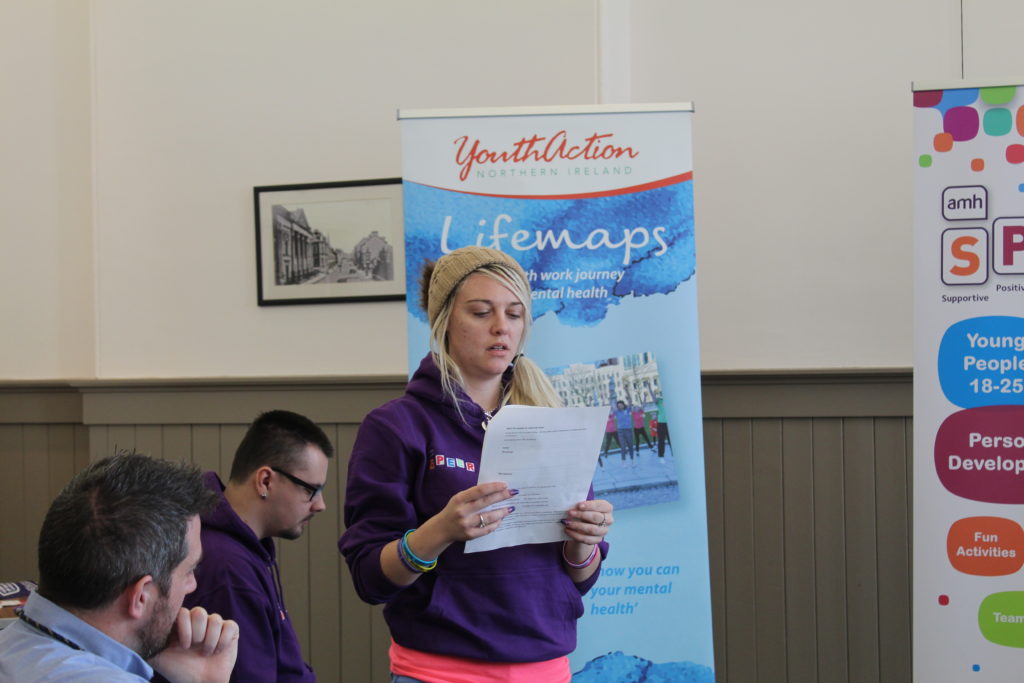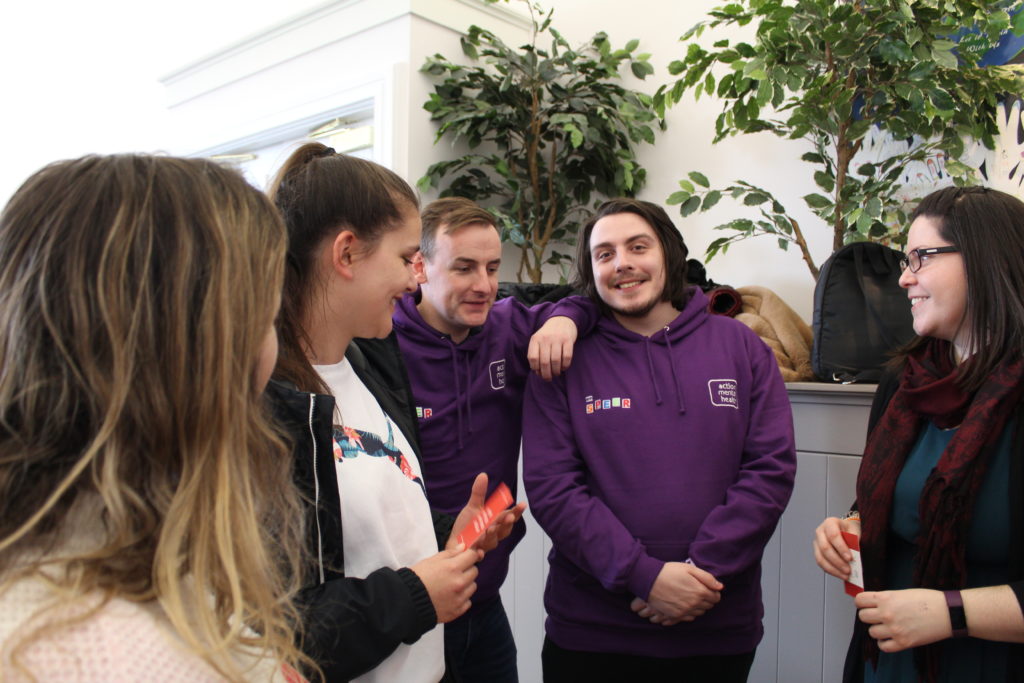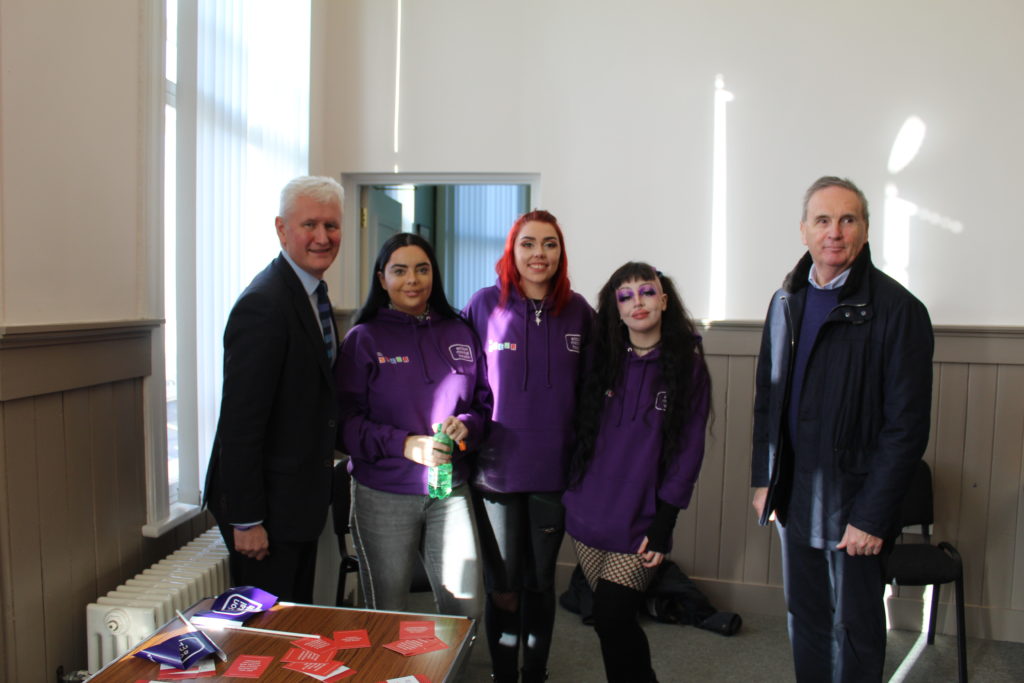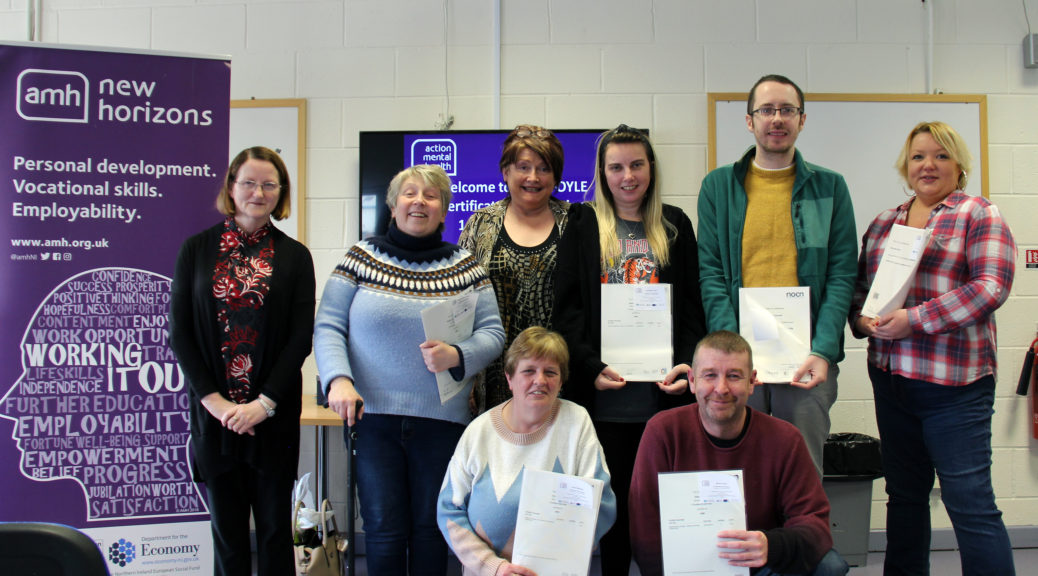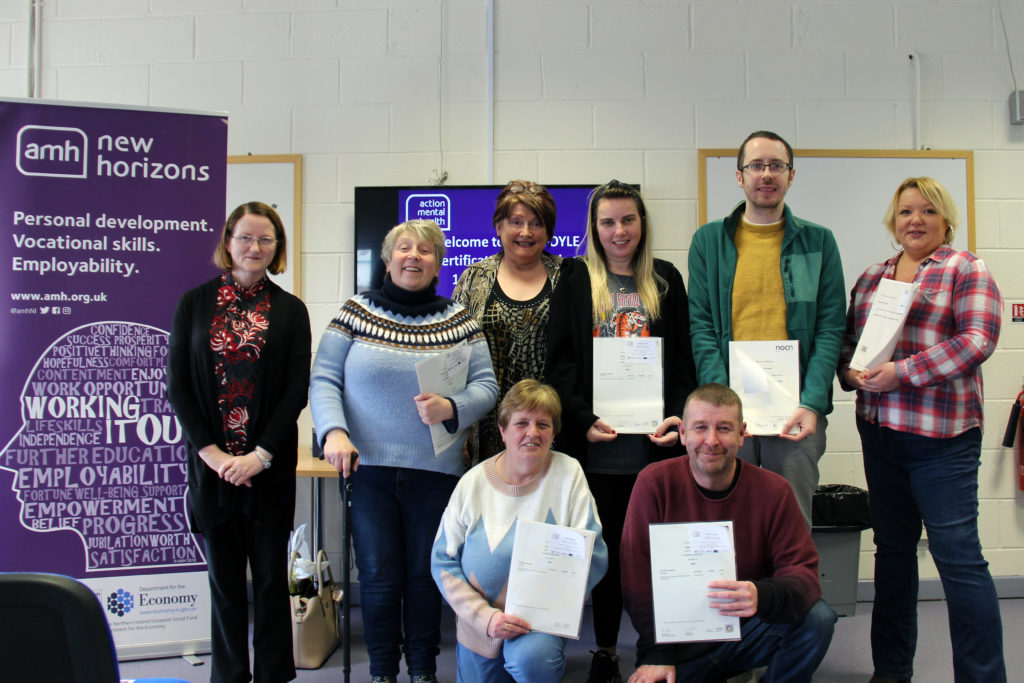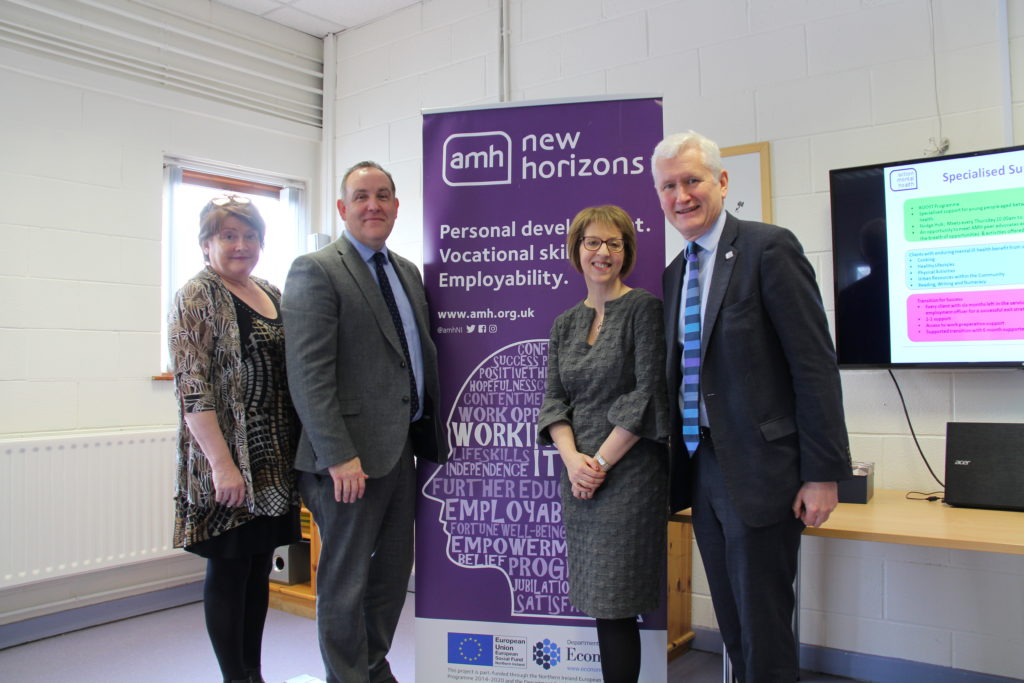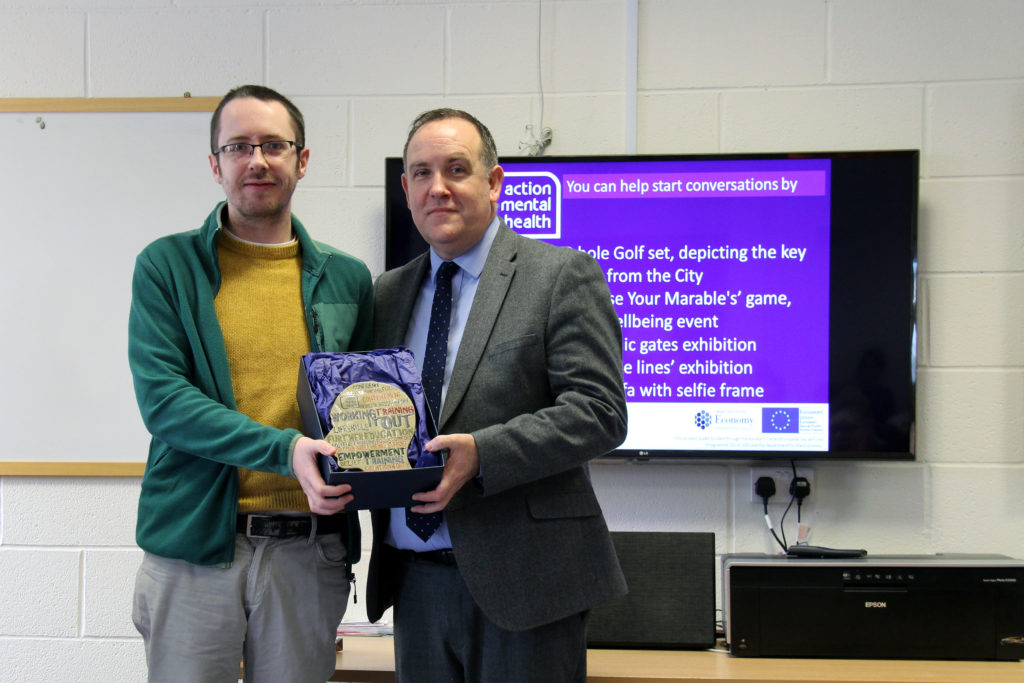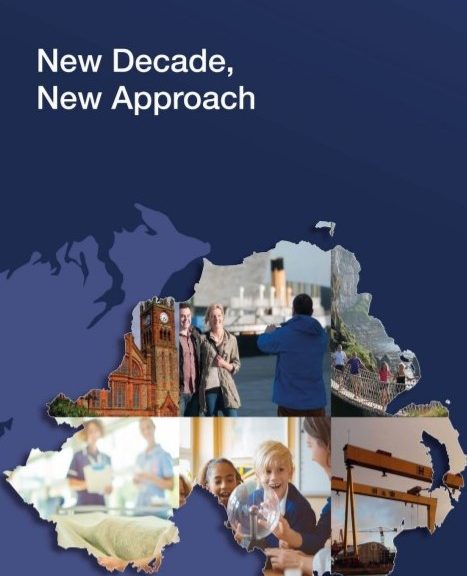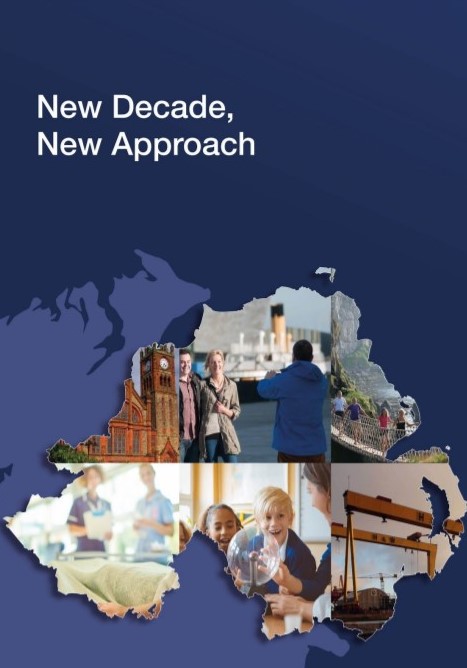Building peace through emotional resilience in post-conflict Ireland.

A partnership of seven cross-border organisations are to share €6.1M (£5.1M) of EU PEACE IV funding to support communities to tackle post-conflict resilience and peace building throughout Northern Ireland and the Border Region of Ireland.
The partnership, led by Action Mental Health, has been awarded funding through the European Union’s PEACE IV Programme, managed by the Special EU Programmes Body (SEUPB), to build positive relations and emotional resilience in communities impacted by four decades of the Troubles/Conflict across the island of Ireland.
Match-funding for the project has been provided by The Executive Office in Northern Ireland and the Department of Rural and Community Development in Ireland.
“Our Generation” is a cross-border partnership project which will be delivered through seven regional organisations, namely Action Mental Health, Donegal Youth Service, Co-Operation Ireland, Youth Action NI, Youthwork Ireland, PlayBoard NI and Ulster University.
It will reach 35,000 children, young people and adults who support them during the life of the project. Programmes provided will include accessible, age appropriate prevention, early intervention and recovery activities delivered on a cross-border and cross-community basis to support the mental and emotional wellbeing of children and young people within local communities.
Children and young people will engage in programme design and delivery, including provision of peer support, developing skills and confidence to improve well-being within their communities and act as agents of change, building peace for future generations.
David Babington, CEO of AMH and spokesperson for the project, said:
“The legacy of the conflict has left an impact on many communities in Northern Ireland and Ireland, which is still evident across generations of adults and young people. This innovative new project provides an unprecedented opportunity for communities, North and South of the Border, to come together to halt the intergenerational impact of the trauma and build emotional resilience and peace for generations to come”.
The Executive Office Junior Ministers Declan Kearney and Gordon Lyons welcomed the investment and the combined focus on mental health and peace building.
“The Executive is committed to urgently bringing forward a Mental Health Action Plan and Mental Health Strategy” said Minister Lyons. “It is an issue which impacts on communities across the region and too many families are struggling or have already lost loved ones. This new project will complement existing community–based initiatives and encourage more joined-up approaches to reach those most in need”.
Minister Kearney added: “Communities with a history and ongoing experience of deprivation and social tension are the ones most impacted by the legacy of conflict and division. Poor mental health as highlighted by local groups, youth work practitioners and schools is a barrier preventing our young people and communities from thriving. This project will support meaningful cross-border relationships and build on the good relations focus of the Urban Village Initiative.”
Department of Finance Minister Conor Murphy said: “I am delighted to support this project through the Special EU Programmes Body. There is no doubt the programmes within this project will have great benefits for the thousands of children, young people and adults involved and will offer much-needed support to those suffering from conflict-related trauma by helping to build resilience and positive relationships.”
Michael Ring TD, Minister for Rural & Community Development commented: “I want to congratulate Action Mental Health as lead partner on behalf of the seven cross-border organisations involved with this project. I am pleased to see these seven regional organisations working collectively, bringing together years of effective practice in mental health recovery and building emotional resilience for the benefit of the wider community. This project will assist large numbers of children and young people and their key contacts on a cross-community cross-border basis.
“The awarding of this PEACE IV funding will be a major boost for both the organisations involved and the individuals supported in Northern Ireland and the border counties of Ireland and is a testament to the hard work and dedication of everyone involved in the application process. I am delighted that my Department is an Accountable Department for this funding and we will work with all parties to ensure delivery of this essential Building Positive Relations project.”
Underlining the importance of the project Gina McIntyre, CEO of the SEUPB, said: “The EU’s PEACE IV Programme recognises that a significant number of people, living across the region, are suffering from Troubles/conflict-related trauma. There is also strong evidence that this has been passed on trans-generationally to younger people; many of whom suffer from poor mental health as a result. Indeed, many of the young people that we currently support have openly discussed their struggles with mental health.
“This much-needed and highly innovative project will help to combat the impact of trauma through the development of emotional resilience within individuals and communities. It involves a number of organisations working together, on a North/South basis, to deliver highly effective therapeutic interventions which will result in the creation of a more confident, self-assured and peaceful society.”





